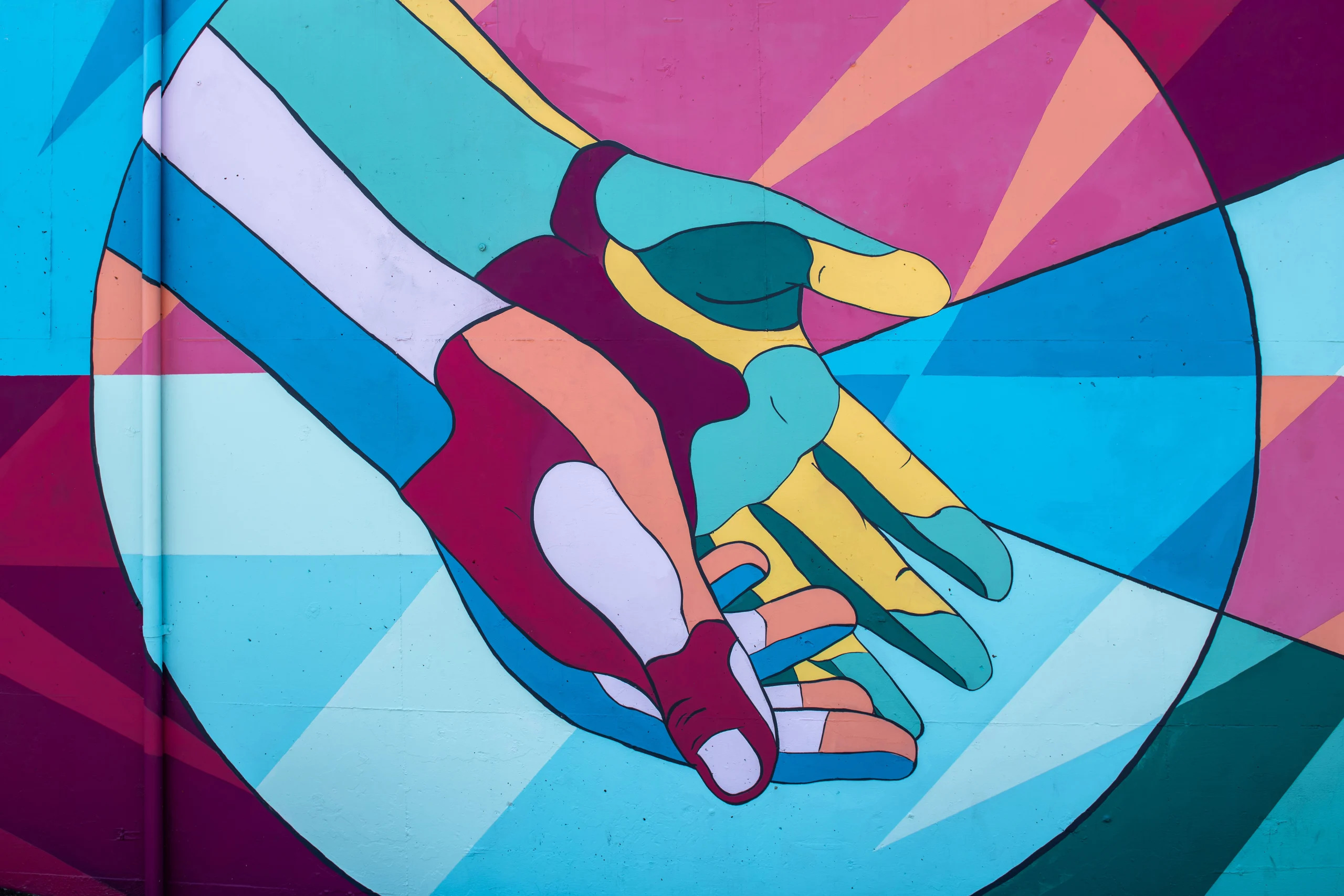At LGBTQ Therapy Space, we provide access to therapists across the sexuality spectrum–including non-binary, transgender therapists, as well as cis-gender therapists. We continue to work with many more clinicians who identify across the gender spectrum every day.
It’s important for people to be completely seen and understood. That can be amplified if a therapist experiences the world as clients do and has truly lived in their shoes. We want those of you that come to us for help to feel like you can get right to the heart of your struggles, without having to ‘educate’ your own therapist about what it has been like to be them, experiencing bias, discrimination, hardships, confusion, and even violence.
When working with transgender, non-binary, or gender non-conforming folx as a therapist, we make sure approach the conversation from a place of open curiosity. The process of exploring identity is very personal, so we are always making space for one to try on various forms of identity and language to see what feels the best. A good therapist won’t “tell you” what your identity is, but will instead help you figure that out for yourself. If a client asks, “do you think I might be non-binary?”, it’s important that we always answer that there is no way that we can ever know that, because that would be us putting our own labeling on someone. Identity must be explored by a person to really feel through it and decide what fits best for one at a given time. It’s our job as LGBTQ and gender affirming therapists to give a client the emotional tools to explore, until they find something they feel comfortable with. I also want to make room for change, that whatever identity one is trying on today might not be what feels right tomorrow, and that’s okay. We try to ask clients to feel things from a “heart space”, rather than thinking through them intellectually. By this, we mean that if you feel a certain ease, or by contrast a certain restriction or heaviness in your body or heart when trying on an identity, that feeling can be used to inform you if some particular label or identity feels right or not. If it’s good, we explore more around that, and if not, it’s probably not a path one wants to continue down.
When exploring gender identity, it’s also important to separate that out from sexual orientation. It’s a completely different thing. A transgender woman may only be attracted to men, and therefore identifies as straight. A non-binary person may not identify as either straight or gay, if they are attracted to both sexes, and may identify as pansexual (gender blind sexual attraction to all people) or omnisexual (similar to pansexual, but actively attracted to all genders, rather than gender-blind). This has nothing to do with gender, and both should be explored separately.
While we still have a long way to go, our culture is evolving to a place with fewer binary ideas about identity. You don’t have decide if you’re “gay” or “straight”, as there is a whole lot of in-between. You also don’t have to decide if you’re “male” or “female”, as those terms are often limiting and can ignore a large part of how someone sees themselves. When it comes to gender, terms like non-binary or gender non-conforming are additional ways to more fully identify as not falling into either one of those categories at all times. You may be both genders, you may be none, you may be beyond traditional gender labels, or you may go back and forth on how you see yourself.
Identity is extremely personal, and also extremely important, because how we identify can be the difference between embracing our full dynamic selves, repressing part of ourselves, or even having bias and discrimination define our sense of being in the world. The more open and flexible one can be when trying things on, the better, and it can help to talk it out with a therapist to get in touch with that “heart space” that is your guide (we also see this as sort of similar to the idea of the “soul”).
Labels can be limiting, and the expansion of terminology and identity formation is imperative for our mental health. Just as coming out as gay was scary for many of us, coming out with gender identity can be just as hard, and it’s important to try and find a soft space to land, try something on, and land again if you’d like to. You are the expert of you, not your therapist, not society, not language, and not the binary. Our hope is that you are able to find the courage to listen to your authentic self. At LGBTQ Therapy Space, we are here to help you do that.



